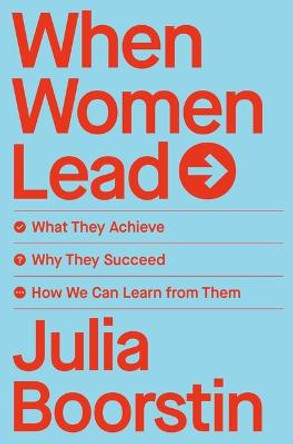Description
An explosive growth in research on how people learn has revealed many ways to improve teaching and catalyse learning at all ages. The purpose of this book is to present this new science of learning so that educators can creatively translate the science into exceptional practice. The book is highly appropriate for the preparation and professional development of teachers and college faculty, but also parents, trainers, instructional designers and psychology students.
Based on a popular Stanford University course, The ABCs of How We Learn uses a novel format that is suitable as both a textbook and a popular read. With everyday language, engaging examples, a sense of humour and solid evidence, it describes 26 unique ways that students learn.
Each chapter offers a concise and approachable breakdown of one way people learn, how it works, how we know it works, how and when to use it and what mistakes to avoid. The book presents learning research in a way that educators can creatively translate into exceptional lessons and classroom practice.
The book covers field-defining learning theories ranging from behaviourism (R is for Reward) to cognitive psychology (S is for Self-Explanation) to social psychology (O is for Observation). The chapters also introduce lesser-known theories exceptionally relevant to practice, such as arousal theory (X is for eXcitement). Together the theories, evidence and strategies from each chapter can be combined endlessly to create original and effective learning plans and the means to know if they succeed.
About the Author
Daniel L. Schwartz is the dean of the Stanford University Graduate School of Education and holds the Nomellini-Olivier Chair in Educational Technology. Jessica M. Tsang is the senior manager of research applications at the Chan Zuckerberg Initiative. Kristen P. Blair is director of research for Stanford University's Strategic Digital Learning Initiative.
Reviews
"This is an essential book for every teacher and learner. The authors, who are among the world's experts, have done a superb job of condensing a vast amount of research on learning into wonderfully understandable, lively, concise, and above all useful, units." -- Carl Wieman, Carnegie University Professor of the Year 2004, Nobel Laureate in Physics 2001, Professor of Physics and Education, Stanford University "Daniel Schwartz and his co-authors have developed an easy-to-understand, easy-to-use synthesis of the learning literature without oversimplifying the complexity of the teaching and learning process. I am particularly impressed with the inclusion of multiple examples, potential risks, and possible misapplications, along with the acknowledgement that no one technique, by itself, will likely work in every situation. This book does a wonderful job introducing usable knowledge that can be flexibly applied by those seeking to encourage learning." -- David B. Daniel, PhD, Professor of Psychology, James Madison University
Book Information
ISBN 9780393709261
Author Daniel L. Schwartz
Format Paperback
Page Count 384
Imprint WW Norton & Co
Publisher WW Norton & Co
Weight(grams) 650g
Dimensions(mm) 236mm * 157mm * 25mm







